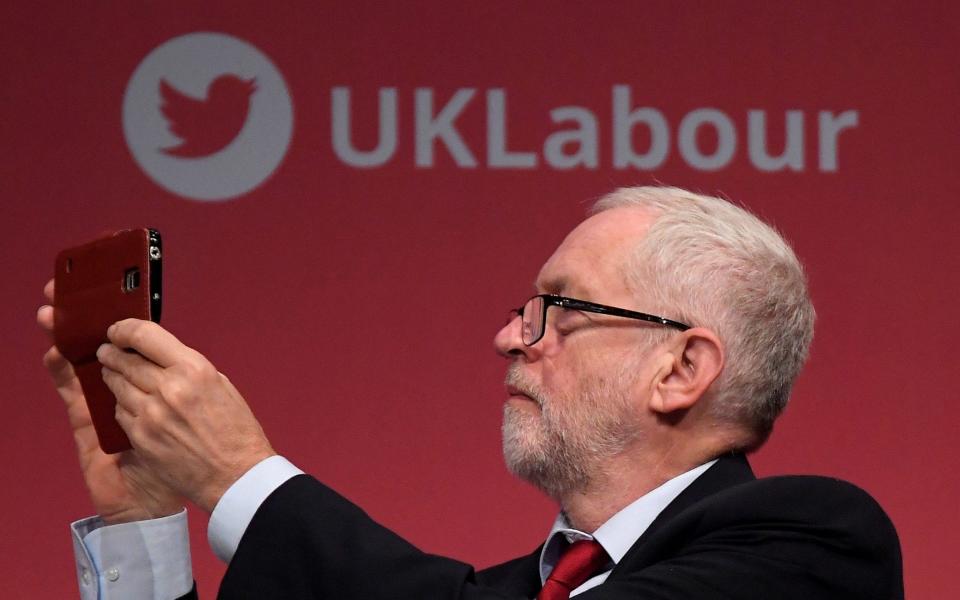Twitter cracks down on political adverts that 'microtarget' users

Twitter has announced restrictions on political microtargeting, cracking down on adverts that use detailed data to present different messages to different people amid growing scrutiny of the practice.
The social network said it would ban the most intrusive forms of targeting for "issue" ads that "raise awareness" or "call for action" about social causes, in addition to a total ban on traditional campaign ads announced last month.
Twitter will no longer allow issue advertisers to target individual people based on their email addresses or phone numbers, cutting off one of the most accurate and contentious targeting methods used by British political parties.
Earlier this month the Telegraph revealed how the Labour Party had built powerful tools to target individual voters on Facebook and Twitter based on information about their lifestyles and social status bought from the credit checking agency Experian, in some cases potentially breaking British data privacy laws.
All political parties will now be completely banned from advertising, but the new rules will also prevent their supporters and outriders from using similar methods, along with charities, campaigning groups and for-profit companies.
The move may provoke further calls for similar restrictions from Facebook, which has been accused of undermining democracy by allowing politicians to target highly specific slices of the electorate with different, potentially contradictory messages.
Del Harvey, Twitter's vice president of trust and safety, said: "We're trying to make sure that we don't allow for super-siloed hidden targeting and conversations around topics that further undermine the public conversation...
"This is an initial approach, and we fully expect this to evolve over time as we identify new ways that we can build in protections. But we think that this is the right first step in the targeting space."
Vijaya Gadde, the company's legal and policy lead, said the new rules had been crafted rapidly so that they would come into force before the UK's general election on December 12, among others.
But the company also confirmed that it would join Facebook in refusing to take down blatantly false averts, saying its new rules would help users hold advertisers accountable for what they say.

 Yahoo Finance
Yahoo Finance 